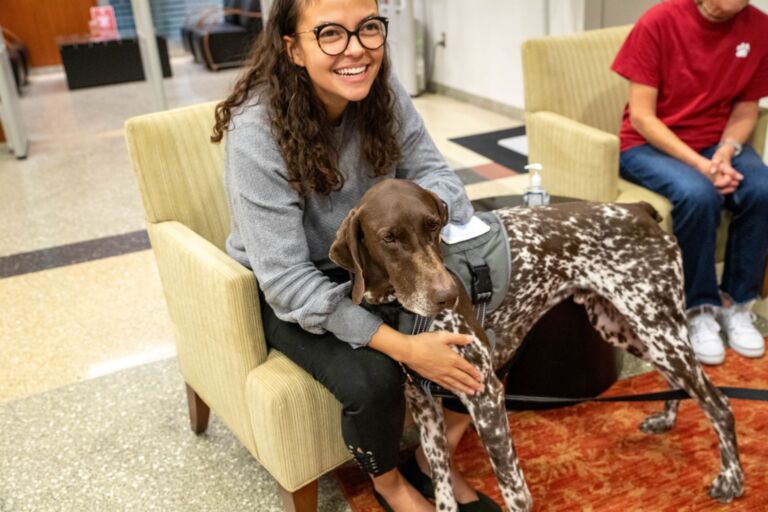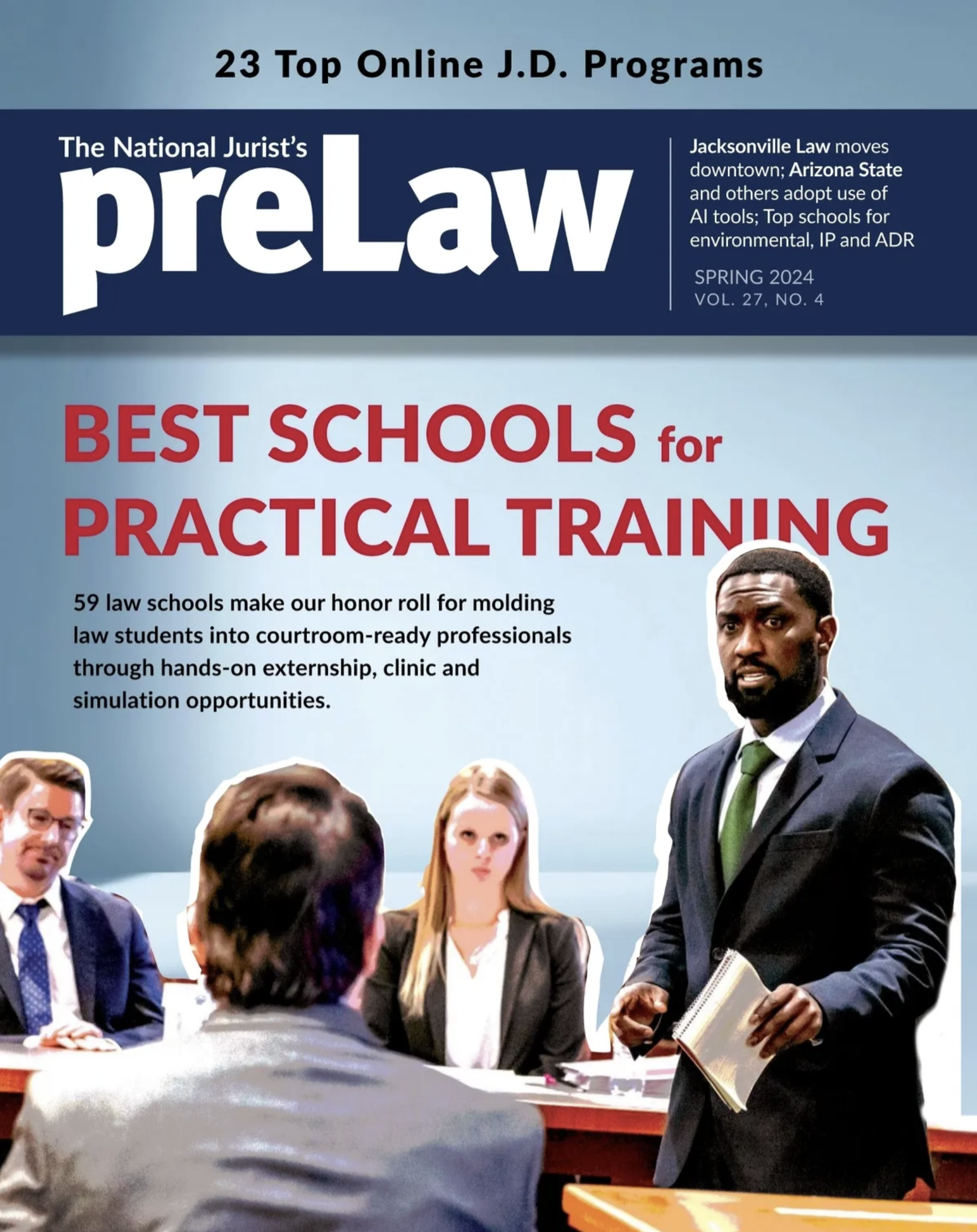It’s an age-old debate: Does teaching quality suffer as professors focus more on research and publication?
A study at The University of Chicago Law School found that publication output has no negative effect on perceived teaching ability. In fact, the data mostly showed a positive relationship between scholarship quantity and teaching quality.
“We were interested in conducting this study because academics have long wondered whether teaching and scholarship are substitutes or whether they are complements,” said Thomas Miles, one of two professors behind the study. “That is, whether professors tend to be good at one but not the other, or whether professors who are good at one are also good at the other.”
Miles and Deputy Dean Tom Ginsburg analyzed 10-years of publicly available data on an “unbalanced panel” of 50 Chicago Law faculty members. They looked at student course evaluation ratings and number of scholarly publications produced each year. The study accounted for a wide range of covariates, including course loads, various personal characteristics and seniority.
The data showed no strong negative relationship between volume of publication and quality or amount of teaching. In fact, both output and student evaluations improved as amount of teaching increased, suggesting that mandates restricting academic work may not improve teaching quality.
However, the study is limited. University of Chicago is only one school among hundreds and it’s difficult to accurately compare such studies across the board. Measurements of instructor quality are particularly subjective when interpreting. Even so, the authors hoped that comprehensively expanding this research would be feasible in the near future.
“Perhaps the biggest lesson I’ve taken away is how much more we need to learn about the relationship between teaching and scholarship,” Miles said. “As we try to make clear in our study, the results are correlational and are limited to a single school. It would be great to know the causal relationship, but we are unlikely to learn that without actual experiments in which professors are made to teach more or made to produce more scholarship.”
The authors said the results have important implications in how academic institutions are structured, especially in terms of dean management and state policy.





